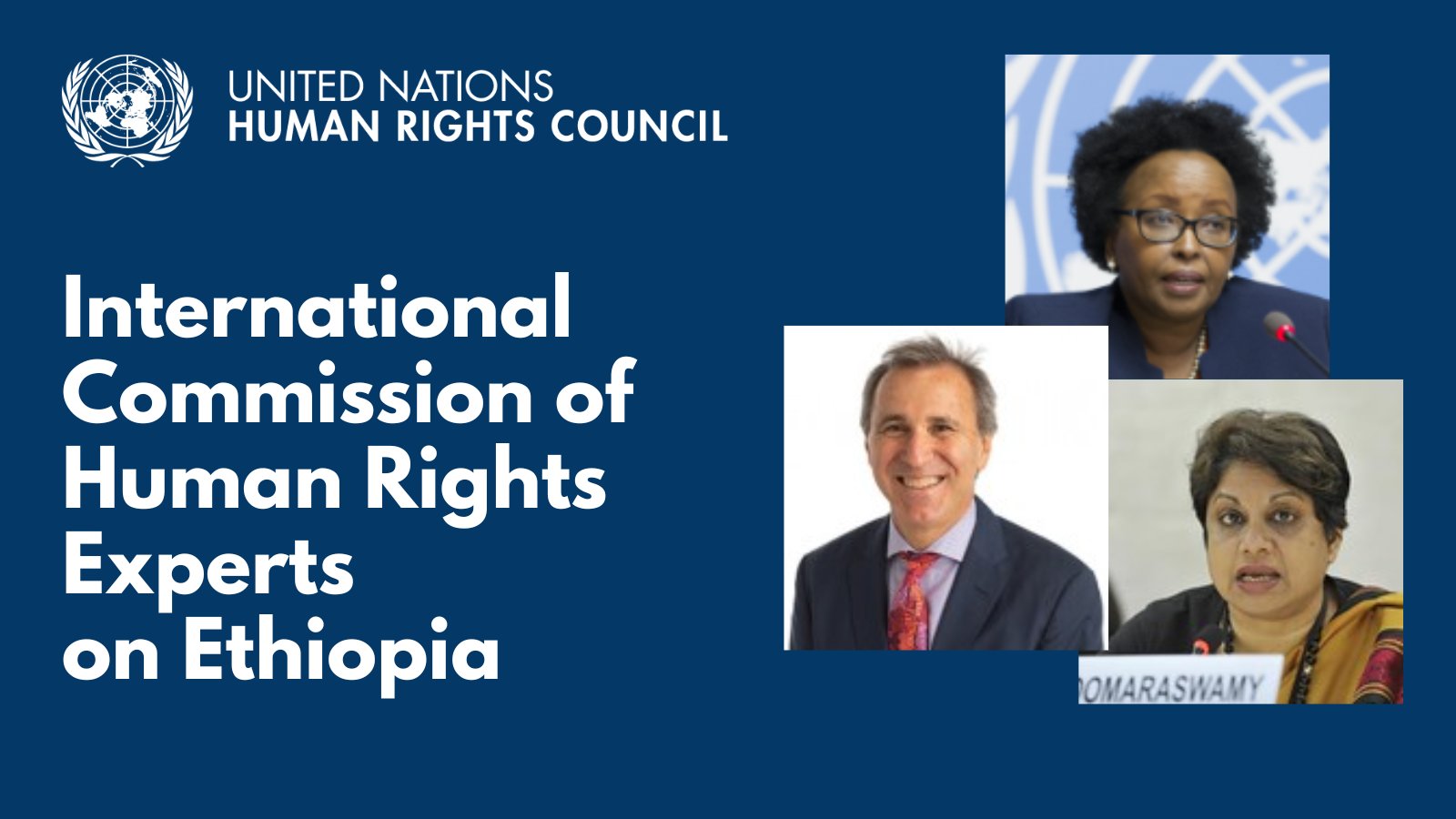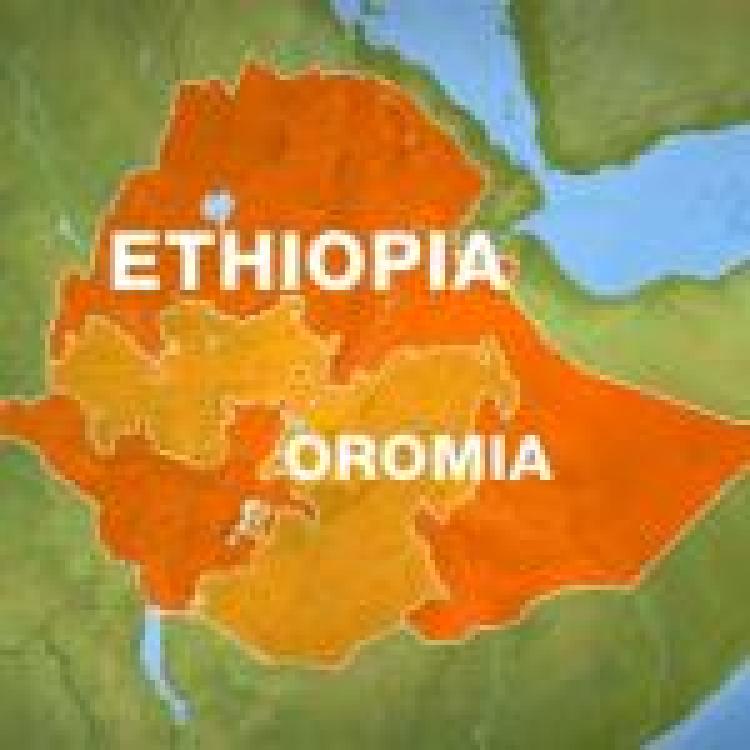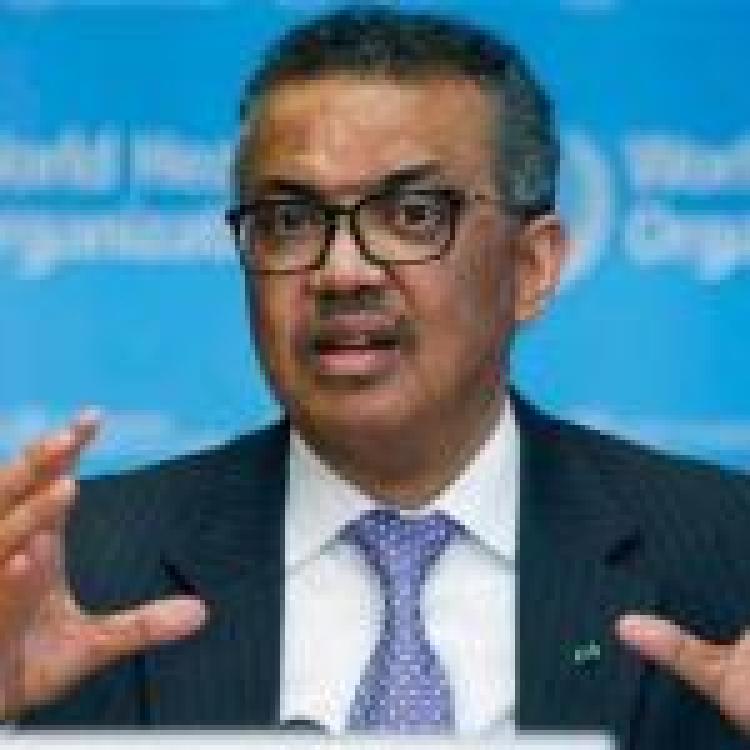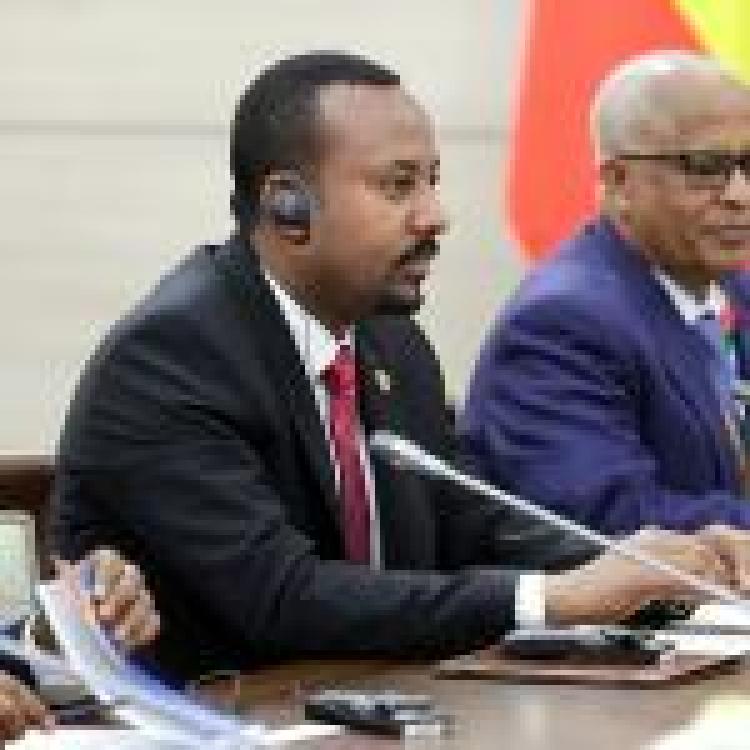Three UN-appointed independent human rights experts returned from Ethiopia on Tuesday after working to negotiate access to areas important for investigations into violations of international humanitarian law.
The three-member Commission – comprised of Kaari Betty Murungi (Chair), Steven Ratner and Radhika Coomaraswamy – concluded a five-day visit to the country where they met with the Deputy Prime Minister, Minister of Justice, and other senior government officials.
The body will investigate violations of international humanitarian law and international refugee law in Ethiopia committed by all parties to the conflict in the Tigray region.
The Commission presented its first update to the Council on 30 June 2022 after the UN-appointed investigators announced that they’d launched a probe into an alleged massacre of at least 200 people in Ethiopia’s Oromia region.
Speaking on the sidelines of the Human Rights Council in Geneva at that time, Ms. Murungi said that as it continued its work investigating rights abuses linked to the conflict in Ethiopia’s northern Tigray region that flared in November 2020, the Commission had received reports of killings in Western Oromia,
Despite many other conflicts around the world, Ms. Murungi had stressed that the world must not ignore what was happening in Ethiopia.
“The ongoing spread of violence, fuelled by hate speech and incitement to ethnic-based and gender-based violence, are early-warning indicators of further atrocity crimes against innocent civilians, especially women and children who are more vulnerable”. She added.
Ethiopia is experiencing widespread ethnic tensions in several regions. Thousands of people have been killed, and several million others have been displaced from their homes as a result of the fighting between forces loyal to Abiy and the Tigray People’s Liberation Front (TPLF) and their allies.
Earlier this year, the head of the World Health Organisation (WHO) highlighted the ongoing crisis occurring in Tigray, stating that there is nowhere on earth where "people are more at risk".
Read more at the UN




